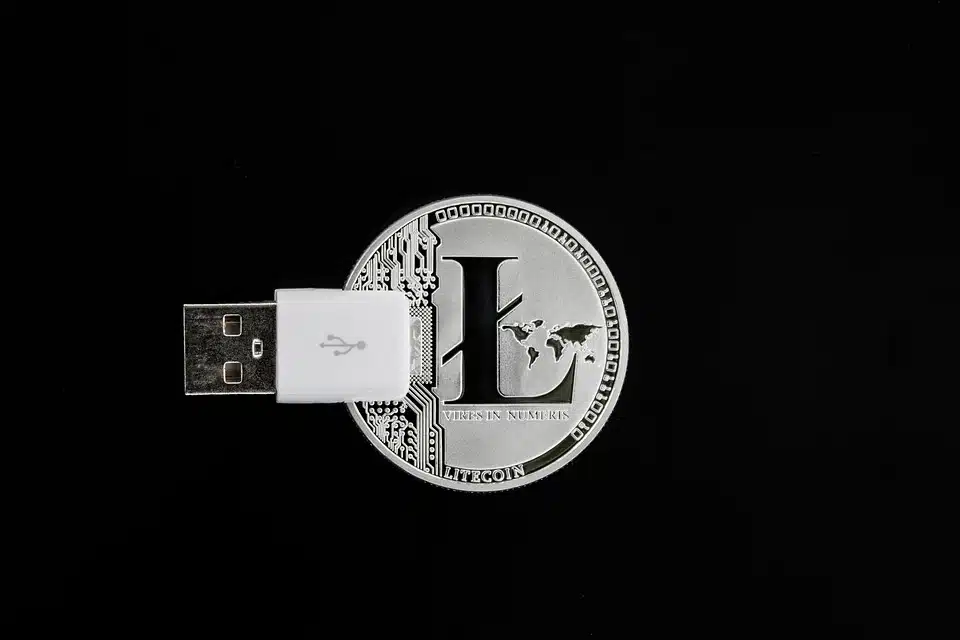Yuga Labs Co-Founder Defends Bitcoin NFT Auction Process
The recent auction of non-fungible tokens (NFTs) by Yuga Labs, the parent company of Bored Ape Yacht Club, on the Bitcoin blockchain has drawn criticism from users who are concerned that it sets a bad precedent for future NFT projects. The 24-hour TwelveFold auction, held last Monday, generated $16.5 million and awarded 288 NFTs to its top bidders. As part of the auction process, bidders had to have a self-custody wallet into which they placed the full amount of their bids directly to Yuga. Bidders also needed an empty wallet to receive the NFT. More than 3,200 bidders placed their bitcoin upfront. If they were unsuccessful, the bid amount was returned to their wallet addresses within 24 hours.
Yuga co-founder Greg Solano has defended the company’s process and insists it does not open the door to scammers. He said that Yuga Labs’ decision to use the Bitcoin blockchain is an effort to be more transparent. By being explicit about the process, the company could then “set the best precedent … given the constraints of running a trustless auction on Bitcoin that simply isn’t possible at this stage.”
According to Solano, the auction, which is still in its early stages, is a way for Yuga Labs to attract developer interest while adding to the security budget of the Bitcoin chain by experimenting on it. He added that “we’re marketplace agnostic, except for the fact that we strongly believe in creative royalties and want to see marketplaces stand by creators.”
Despite Solano’s assurances, some users have criticised Yuga Lab’s decision to hold bidders’ bitcoin, arguing that it is a bad precedent for future NFT projects. However, the company has insisted that it was important not to use something that would obfuscate trust, but to put it front and centre, in order to enable the auction to take place.
The move by Yuga Labs to use the Bitcoin blockchain to auction NFTs is part of a growing trend in the industry. Bitcoin-based NFTs have been gaining in popularity due to the blockchain’s security and the relative ease with which developers can create them. As we have previously noted, NFTs have seen a sharp rise in popularity in recent months, with many artists and other creatives using them to monetise their work.
NFTs are digital tokens that represent ownership rights to a particular asset, such as a piece of artwork, music or video. They are designed to be unique, non-interchangeable and indivisible, which makes them ideal for representing ownership of unique digital assets. They are stored on a blockchain, which makes them secure and transparent, and can be bought and sold like other kinds of crypto assets.
While the rise of NFTs has created new opportunities for creators and investors, it has also raised questions about how they should be regulated. Some have argued that NFTs are securities and should be subject to the same regulatory oversight as traditional financial assets. Others have called for more transparency and regulation within the NFT market to prevent fraud and protect investors.
In conclusion, Yuga Labs’ Bitcoin NFT auction has been criticised by some users who are concerned that it sets a bad precedent for future NFT projects. However, the company has insisted that the process was transparent and necessary to enable the auction to take place. The rise of NFTs has created new opportunities for creators and investors alike, but has also raised questions about how they should be regulated. As the market for NFTs continues to develop, it is likely that we will see increased scrutiny and regulation to protect investors and prevent fraud.


